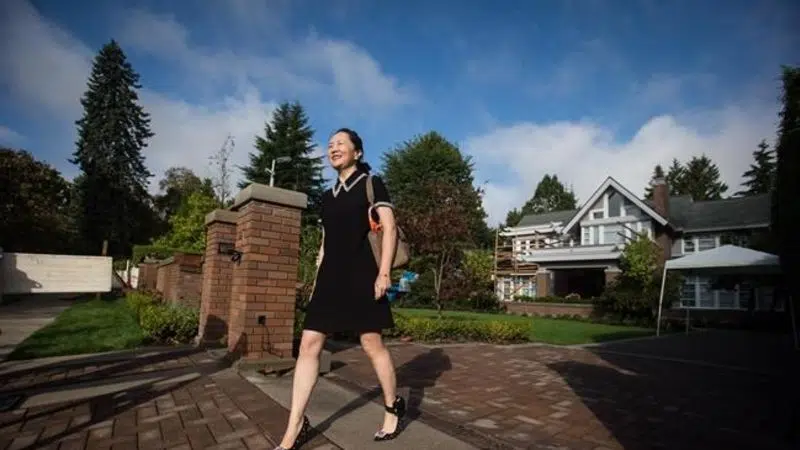
Nothing ‘routine’ about Meng Wanzhou’s treatment at Vancouver airport: Defence
VANCOUVER — A lawyer for Huawei executive Meng Wanzhou say there was nothing “routine” about the way she was questioned by border officials before she was read her rights and informed of her arrest at Vancouver’s airport last December.
Meng’s defence team is back court today, asking the B.C. Supreme Court to compel the release of further documentation to support its arguments ahead of her extradition trial in January.
They allege that Meng was the subject of an abuse of process and want Justice Heather Holmes to order further disclosure from the Crown.
In court documents, the Attorney General of Canada says the federal border services agency and the RCMP followed protocol in their treatment of Meng.


